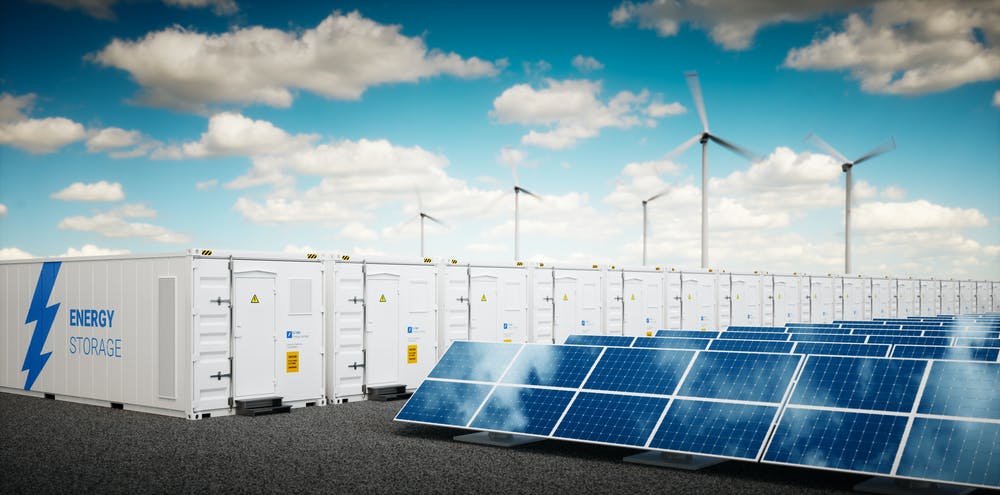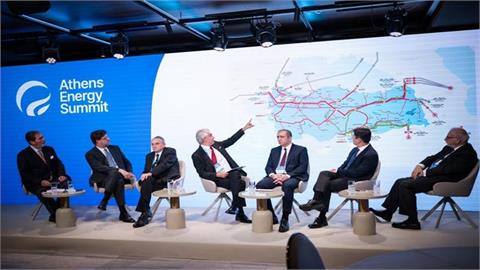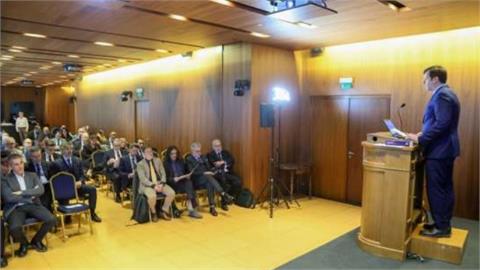The reduction of greenhouse gas emissions is one of the main challenges of our society towards more sustainable energy supply. Electricity generation from renewable resources represents a critical solution to tackle this problem.
However, the mismatch of electricity generation and load caused by the limited dispatchability of intermittent electricity generation of variable renewable energy sources, namely photovoltaic (PV) and wind power, requires an increase of flexibility of the future energy systems. The term of flexibility is commonly understood as the ability of technical devices to contribute to the balancing of the residual load, i.e. the electricity load minus the generation from variable renewables. As such, flexibility can be provided by electricity sources/recipients connected to the grid. In recent years electricity storage systems have become an important source of flexibility, with relevant investment gradually increasing in viability, as the RES balancing problem emerges along with the gradual increase of penetration of variable renewables in modern-day electricity systems.
In contrast to Central Europe, where the high interconnectivity of the continental grid can provide flexibility utilizing the spatial variability of generation and demand, in SE Europe the lower interconnectivity levels require a more temporal approach, which can be provided more effectively by electricity storage. Up until now the electricity systems of SEE were based on coal/lignite and were relatively inflexible. However, in sight of the gradual decarbonization, as planned by various governments, alternative scenarios for the future of regional systems, including more variable RES development, are emerging.
Currently the region has moved slowly in developing RES systems and integrating them to the local grid, with Greece being an exception as it has already proven to be a viable market for such systems. However, Greece’s electricity system currently stands on the periphery of the European grid, exhibiting low interconnectivity, while penetration of variable renewables in the local electricity mix is the highest in the region. This drives the need for the development of flexible solutions locally, including electricity storage, in order for the Greek electricity system to facilitate the high electricity generation of renewables.
More to the point, the development of Greece’s specific grid topology, with the gradual interconnection of the islands in the Aegean Sea and Crete with the continental system, creates major challenges, as future electricity storage projects could potentially acquire a role of ancillary service provision, ensuring electricity adequacy at a local level. This is more evident as local, detrimental, carbon-intensive power generating units, largely based on diesel and fuel oil, are slowly being phased-out in alignment with European policies. More specifically, in Crete, there are three large power stations, which operate on fuel oil and diesel, with much of the installed capacity intended for decommissioning in the current decade.
Amidst the discussion on the energy storage systems emerging as a viable source of flexibility, but also providing energy adequacy to Greece’s interconnected islands, the Institute of Energy for SE Europe (IENE) launched a study project in collaboration with IPTO (ADMIE), Greece’s Independent Transmission System Operator, in order to examine the "Feasibility of integrating energy storage systems in the electricity system of Crete”. The study, which commenced in early May and is scheduled for completion by November, will examine a number of scenarios for the integration of various electricity storage systems to the island’s grid. The results of this timely IENE project will assist IPTO in its planning for the future operation of the electricity system of Crete.




